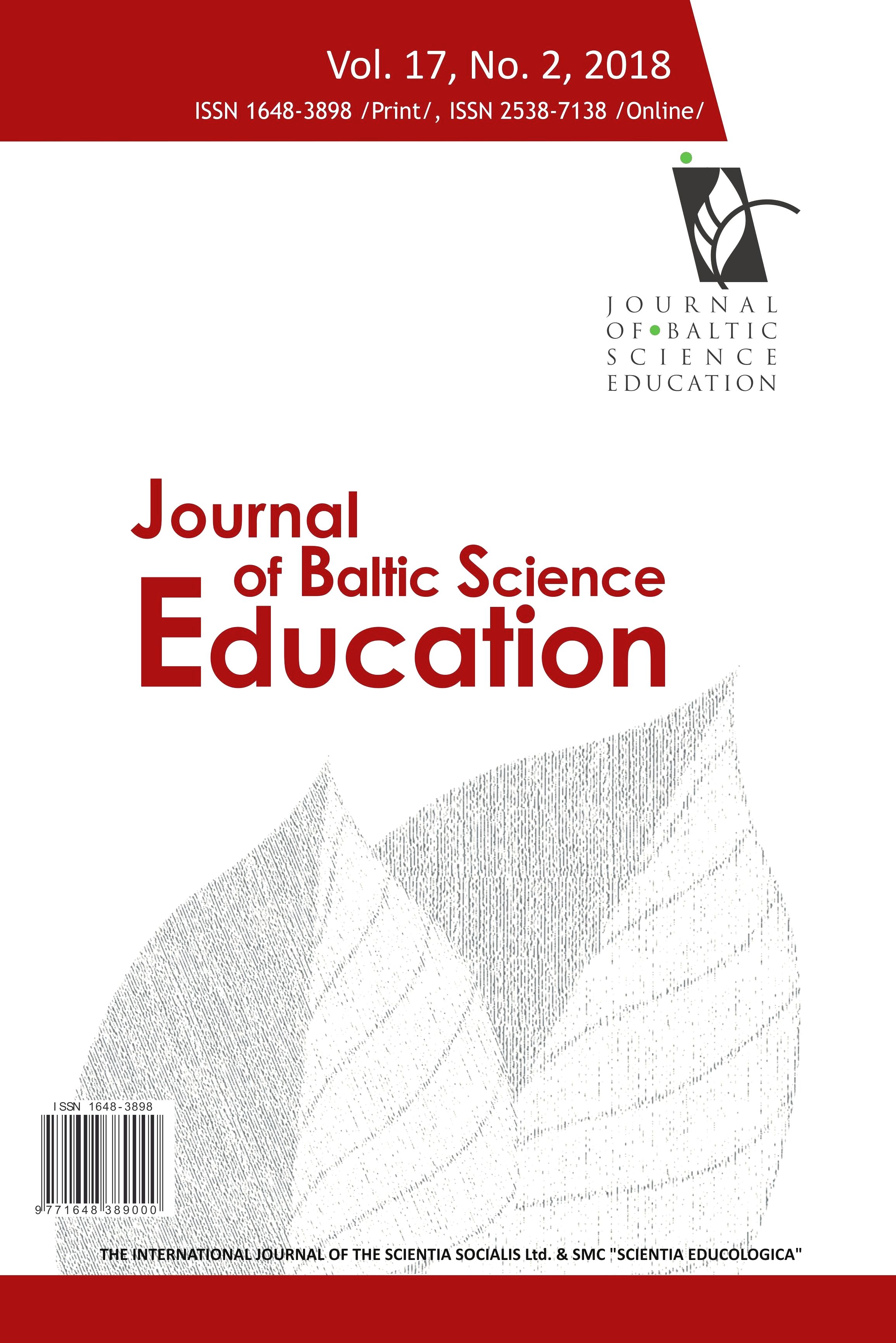EXAMINING THE RELIABILITY AND VALIDITY OF RESEARCH INSTRUMENTS USING PARTIAL LEAST SQUARES STRUCTURAL EQUATION MODELING (PLS-SEM)
EXAMINING THE RELIABILITY AND VALIDITY OF RESEARCH INSTRUMENTS USING PARTIAL LEAST SQUARES STRUCTURAL EQUATION MODELING (PLS-SEM)
Author(s): Sane Hwui Chan, Yoon Fah LaySubject(s): Education, School education, Pedagogy
Published by: Scientia Socialis, UAB
Keywords: self-efficacy beliefs; teaching motivation; attitudes towards teaching science; behavioural intention; partial least square-structural equation modeling;
Summary/Abstract: Understanding teacher’s behavioural intention in teaching science becomes a foundation to improve teacher education programme. Prior to the evaluation of the interrelation between teacher self-efficacy beliefs, teaching motivation, attitudes towards teaching science, and behavioural intention in teaching science, this research examines the reliability and validity of instruments used to measure the constructs. ‘Science Teaching Efficacy Belief Instrument-Form B’ (STEBI-B) was used to measure pre-service science teachers’ self-efficacy beliefs. ‘Work Tasks Motivation Scale for Teachers’ (WTMST) was used to measure teaching motivation. ‘Dimensions of Attitude towards Science’ (DAS) was used to measure attitudes towards teaching science whereas the ‘Behavioural Intention Scale’ was used to measure behavioural intention in teaching science among pre-service science teachers. Partial Least Square-Structural Equation Modelling approach was used to evaluate the reliability and validity of the instruments. Research findings concluded all instruments are valid and reliable to be used in future research.
Journal: Journal of Baltic Science Education
- Issue Year: 17/2018
- Issue No: 2
- Page Range: 239-251
- Page Count: 13
- Language: English

